Britain & Ireland 1066-1509
The Normans are coming – and they stayed and now we all speak French – actually we don’t , so why not? Well find out about the impact of the last great invasion into England and how the subsequent relations with France result in the Hundred Years War. Or learn about the Magna Carta and wars of the Roses – but this section is not all about war!
Sort by:
Date (Newest first) | Title A-Z
Show:
All |
Articles |
Podcasts |
Multipage Articles
-

1066 and all what?
ArticleClick to view -
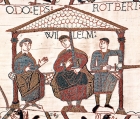
1066: The Limits of our Knowledge
ArticleClick to view -

1450: The Rebellion of Jack Cade
ArticleClick to view -

1497, Cornwall and the Wars of the Roses
ArticleClick to view -
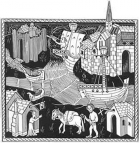
A medieval credit crunch
ArticleClick to view -
Agincourt 1415-2015
ArticleClick to view -
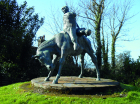
Broadening Year 7’s British history horizons with Welsh medieval sources
ArticleClick to view -
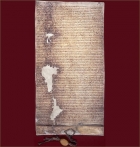
Cunning Plan 159: Putting the people into Magna Carta
ArticleClick to view -
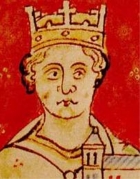
Cunning Plan 159: Was King John unlucky with his Barons?
ArticleClick to view -

Cunning Plan 161: Magna Carta's legacy
ArticleClick to view -
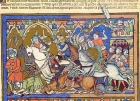
Cunning Plan 163.2: Developing an A-level course in medieval history
ArticleClick to view -

Cunning Plan 173: using Black Tudors as a window into Tudor England
ArticleClick to view -

Cunning Plan 178: How far did Anglo-Saxon England survive the Norman Conquest?
ArticleClick to view -

Edward III & David II - Pamphlet
ArticleClick to view -
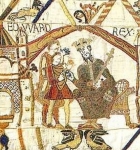
Edward the Confessor and the Norman Conquest
ArticleClick to view -

Enabling Year 7 to write essays on Magna Carta
ArticleClick to view -
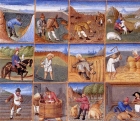
England's Immigrants 1330-1550
Multipage ArticleClick to view -

Enquiries to engage Year 7 in medieval anarchy
ArticleClick to view -
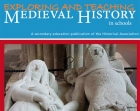
Exploring and Teaching Medieval History in Schools
ArticleClick to view -

Exploring big overviews through local depth
ArticleClick to view

